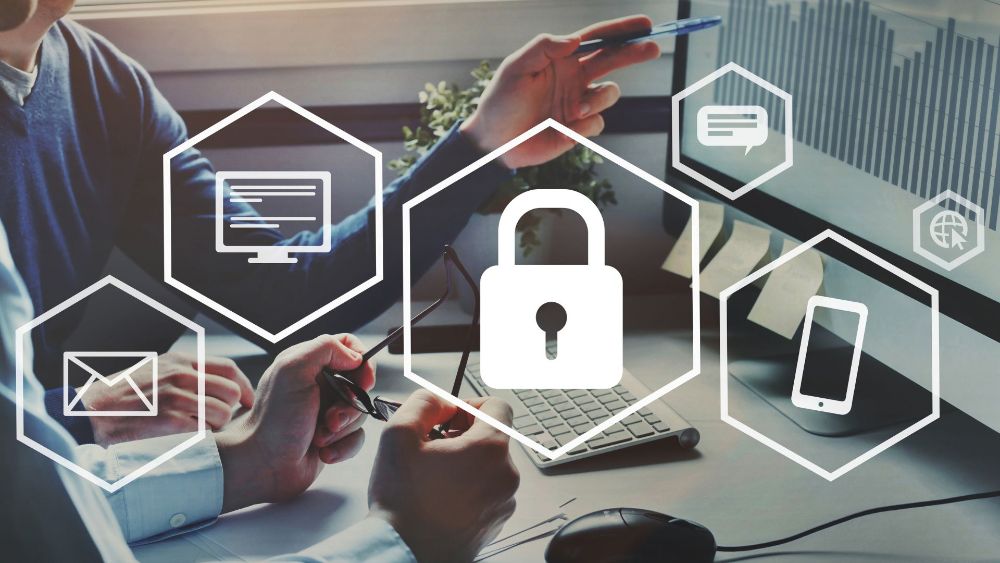An often overlooked aspect of running a business is cybersecurity – but it’s an essential factor to consider, especially for small businesses. With the increased usage of digital platforms and the rise of cyber-attacks, the importance of cybersecurity cannot be overstated. In this article, we’ll explore why small businesses should make cybersecurity a priority and share tips on how to do so.
The Key Reasons to Prioritize Cybersecurity
More Vulnerable to Attacks
Small businesses typically have limited cybersecurity measures, making them attractive targets for malicious individuals. With fewer defenses in place, cybercriminals can easily access sensitive information and cause severe damage with minimal effort.
Financial Impact and Loss of Reputation
A cyber breach can have crippling financial consequences for a small business. The cost of data recovery, legal fees, and compensating customers can be financially ruinous. Moreover, the damage to a company’s reputation can lead to loss of customers, trust, and future business.
Compliance with Regulations
With the increasing emphasis on data protection, governments worldwide are implementing regulations to ensure businesses meet specific cybersecurity standards. Failing to comply with these benchmarks can result in hefty fines and penalties.
Implementing Cybersecurity Measures
Develop a Cybersecurity Plan
Formulate a plan to identify potential risks, prioritize defense measures, and establish protocols for preventing and responding to attacks. Also, consider consulting with experts for cyber security in Atlanta who can help create effective security solutions tailored to your specific needs.
Train Employees
Train employees on cyber security best practices, such as recognizing phishing attempts and creating secure passwords. Additionally, advise them to only use company-authorized devices for work-related tasks and to avoid downloading unauthorized software, which can contain malicious code.
Use Up-to-Date Software and Hardware
Outdated software and hardware can leave your business exposed to potential vulnerabilities. Consistently update and patch your systems, utilizing the latest technologies available.
Use Strong Passwords and Multi-Factor Authentication
Strong passwords are crucial to prevent unauthorized access. Consider implementing a password policy, encouraging staff to create secure and unique passwords for each of their accounts. Additionally, consider utilizing multi-factor authentication (MFA) for enhanced security. MFA requires multiple steps in order to confirm identity before granting access.
Regularly Back Up Data
Data backups are crucial for restoring your system in the event of a disaster and should be conducted regularly. Invest in an appropriate solution to ensure all critical data is securely backed up and readily available in the event of an attack.
Employ Robust Security Measures
Robust security measures, such as firewalls and antivirus software, are essential to protect your systems from malware and other cyber threats. Furthermore, investigate solutions such as network segmentation and intrusion detection systems to further harden your security. Additionally, consider enhancing overall cybersecurity by implementing features like Google Workspace Security to safeguard collaborative tools and sensitive business data
Wrapping Up
Ignoring cybersecurity can have devastating consequences for small businesses, making it paramount to prioritize security measures and establish best practices. By employing a comprehensive cybersecurity plan, a small business can better protect itself, its customers, and its reputation in an increasingly digital world. Plus, don’t hesitate to consult with experts in cyber security to provide additional support and fortification to your security infrastructure. With the right combination of guidance and solutions, small businesses can stay secure and remain competitive.

